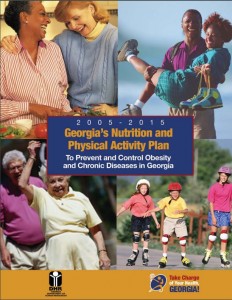The Digital Library of Georgia is conducting a social media survey, which is now available at
https://ugeorgia.qualtrics.com/SE/?SID=SV_3wVNKzX2WtX7Opn
(Click on the link; it should bring you directly to the survey)
If you would like to be included in a raffle for a University of Georgia Press book as a reward for taking the survey, send an email to mastrovi@uga.edu with a brief message letting us know that you have participated.
A winner will be selected at random from all raffle participants and may select one of the following University of Georgia Press books:
The Dangerous Lives of Altar Boys, by Chris Fuhrman
Who Runs Georgia? by Calvin Kytle and James A. MacKay
Major Butler’s Legacy: Five Generations of a Slaveholding Family, by Malcolm Bell, Jr.
Cornerstones of Georgia History: Documents That Formed the State, edited by Thomas A. Scott
The Selected Letters of Mary Moody Emerson, edited by Nancy Craig Simmons
To Redeem the Soul of America: The Southern Leadership Conference & Martin Luther King, Jr., by Adam Fairclough
Thank you for taking the survey and for keeping the Digital Library of Georgia updated on the ways that we can best reach you!




